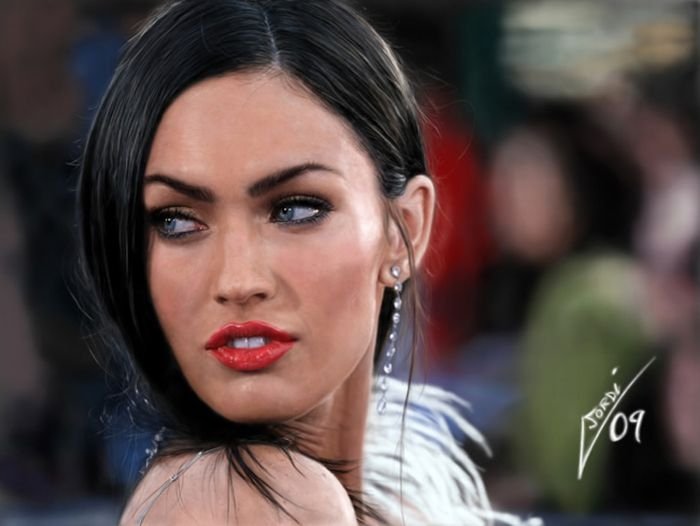|
|
Photorealistic Watercolour Painting
|
By the time the Photorealists began producing their bodies of work the photograph had become the leading means of reproducing reality and abstraction was the focus of the art world. Realism continued as an on-going art movement, even experiencing a reemergence in the 1930s, but by the 1950s modernist critics and Abstract Expressionism had all but minimalized realism as a serious art undertaking. Though Photorealists share some aspects of American realists, such as Edward Hopper, they tried to set themselves as much apart from traditional realists as they did Abstract Expressionists. Photorealists were much more influenced by the work of Pop artists and were reacting against Abstract Expressionism.
Pop Art and Photorealism were both reactionary movements stemming from the ever increasing and overwhelming abundance of photographic media, which by the mid 20th century had grown into such a massive phenomenon that it was threatening to lessen the value of imagery in art. However, whereas the Pop artists were primarily pointing out the absurdity of much of the imagery (especially in commercial usage), the Photorealists were trying to reclaim and exalt the value of an image.
The association of Photorealism to Trompe L'oeil is a wrongly attributed comparison, an error in observation or interpretation made by many critics of the 1970s and 1980s. Trompe L'oeil paintings attempt to "fool the eye" and make the viewer think he is seeing an actual object, not a painted one. When observing a Photorealist painting, the viewer is always aware that they are looking at a painting.
|
|









